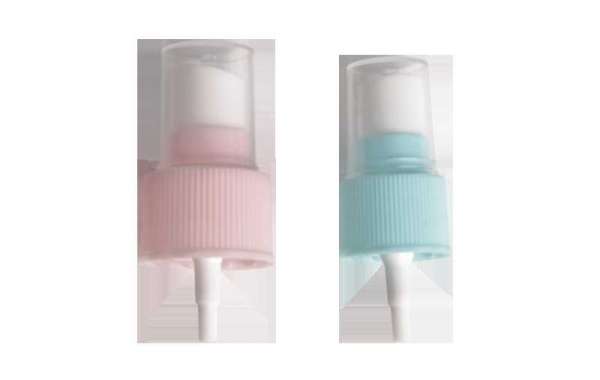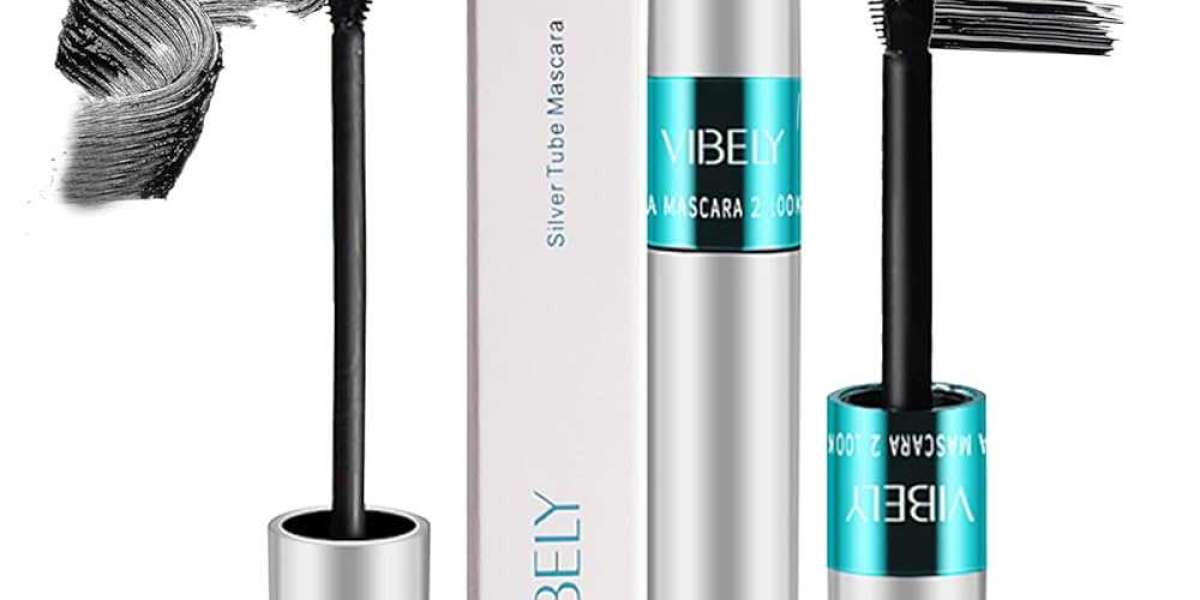Last week we looked at a plastic Lotion Pump and how each component works, this week, let's look at a plastic Fine Mist Sprayer - common for personal care and cleaning products that deliver a fine mist spray when the consumer is dispensing the product. Remember, there are hundreds of unique designs that could require different components then what we are showing here, but this article will give you a general idea of what makes a Fine Mist Sprayer work and how it can turn a stream of liquid into a mist.
These are the components that go into a ultra fine mist sprayer :
Dust Cap : Often made of PP plastic and very often produced in clear, the dust cap serves as a dust cover and safety cap that protects the actuator from gathering dust and prevents an accidental actuation. To help the package stands out on the shelf, the dust cap can be produced in stock or custom color.
Actuator : Commonly made of PP plastic, this is the component that consumer pushes down to spray the product out of the bottle. Different than an actuator on a Lotion Pump, the actuator of a Fine Mist Sprayer has internal components including an insert to create the specific misting pattern of the product being sprayed. Some Fine Mist Sprayers have locking features that prevent accidental dispensing.
Actuator Insert : This tiny component consists of channels that the liquid flows through to create the mist pattern. This insert fits on the exterior of the actuator in many cases, and it is the part where the product exits the sprayer.
Closure : The component that holds the entire assembly together onto the bottle. It is often made of PP plastic, and can come with many surface finishes or designs - including rib side, smooth, matte, or glossy finishes. A Metal Overshell can also be applied in some cases to further enhance the shelf appeal of the package. This component should have an industry standard neck finish such as 18-410, 20-410, 24-415, etc.
Gasket : The external gasket serves as a compressible seal that seals the closure onto the land area of the bottle to prevent leaks. Depending on the product / chemical makeup, different gasket materials are required and it is a critical component that must be tested to ensure compatibility. It can be customized with different materials such as BUNA, Neoprene Rubber, Plastic Rubber, LDPE.
The Mechanism : commonly consists of many components such as the piston, housing cap, stem, spring, seal, and the overall housing, this is the part that transfers the product from the inside of the bottle to the actuator. Commonly speaking, the spring compress as the actuator is pressed downward, drawing the product through the dip tube to the interior of the housing. Subsequent actuation pumps the liquid upward through the piston towards the actuator and exits out of the pump via the actuator insert. The components that make up the mechanism differ from design to design, but the sprayer pictured here consists of a piston, stem, spring, seal installed inside the housing, and the housing cap. This mechanism is then installed onto the closure and snapped together with the actuator to hold it in place. Some sprayer designs will have the metal spring located in a different position to create a metal free pathway.
Dip Tube : the long, thin plastic tube that extends the reach of the sprayer to the bottom of the bottle. Different than the dip tube of a Lotion Pump, which is often thicker, the dip tube of a Fine Mist Sprayer is often bent slightly to allow it to reach the bottom of the push up area of the bottle and cut either in a "V" shape or at the angle to avoid clogging.
As a professional plastic pump head supplier,we accept all kinds of window hardware orders, welcome to consult.






